In a surprising development, Sudanese armed forces announced that they had intercepted and destroyed an Emirates plane attempting to land at Nyala airport in RSF-held Darfur. Sudanese state media reported that the plane was transporting weapons and about 40 Colombian mercenaries in support of the Rapid Support Forces (RSF), a paramilitary group that has been embroiled in a long and violent power struggle with the Sudanese Armed Forces (SAF) since April 2023.
Colombian President Gustavo Petro confirmed that his government was investigating the deaths of its citizens, saying: “We are trying to determine how many Colombians died in this attack and are working to recover their remains.” The United Arab Emirates officially denied involvement has called Sudan’s allegations “baseless and provocative.”
Possible systems involved in the shooting
While Sudanese officials have not disclosed which platform was used in the strike, defense analysts speculate that the aircraft may have been shot down by a mobile surface-to-air missile (SAM) system—such as the Russian-made 9K33 Osa (SA-8 Gecko)—or man-portable air-defense systems (MANPADS) such as the SA-24 Igla-S, both of which are known to be in Sudan’s inventory.
The location of the shooting near Nyala in southwestern Sudan is in the range envelope of these systems if deployed near frontline SAF positions. The choice of weaponry may reflect Sudan’s changing air defense posture, which is intended not only to deter RSF air operations but also to provide air cover to external supporters. The corridor is also to be denied.
- Sudan is believed to have received the 9K33 Osa (NATO reporting). Name: SA-8 “”Gecko””) surface-to-air missile system in the late 1990s to early 2000s, possibly from Belarus or Russia as part of a broader effort to modernize Sudan’s air defenses during the Bashir regime. (Alkrez/Wikimedia)
Conflict in Sudan: Primary
The civil war in Sudan resumed in April 2023 when a power-sharing agreement between the Sudanese Armed Forces (SAF) under General Abdel Fattah al-Burhan and the Rapid Support Forces (RSF) under Mohamed Hamdan Dagalo (aka Hemedati) collapsed. The political dispute quickly The conflict has escalated into civil war, particularly in Khartoum and the Darfur region.
The RSF has been accused of ethnic violence, looting, and atrocities in Darfur, where it maintains strong strongholds and significant territorial control. The SAF, backed by elements of the former regime and state military structures, has maintained control of eastern and northern parts of Sudan but has struggled to dislodge RSF fighters from cities and key logistical hubs.
The conflict has attracted external actors – both state and non-state – through arms transfers, financial assistance, and the deployment of foreign fighters. Egypt and the UAE have faced scrutiny for their alleged support for opposing sides, and the United Nations has warned that Sudan risks becoming a regional proxy war zone.

- A Sudanese The soldier was seen firing a Russian-made SA-24 man-portable air defense system (MANPADS). According to US and French intelligence reports, the Wagner Group is transporting AK-47 rifles and MANPADS from the northern Central African Republic to Sudan. (Sudan Tribune)
Mercenaries and Use of Foreign Fighters
Reports of Colombian mercenaries’ involvement in Sudanese conflicts are not new, although this incident would be the most lethal identification yet. Mercenary recruitment – often through private military companies or informal brokers – has increased in conflicts from Yemen to Libya and now Sudan, as regional powers seek to avoid direct involvement while influencing outcomes.
The UAE has previously relied on Latin American contractors for military and security operations in Yemen and elsewhere. If confirmed, the deployment would further complicate its diplomatic position and expose its involvement in Sudan. Will. Deep international investigation.
Strategic and diplomatic implications
The incident of shooting down a foreign plane carrying foreign citizens marks a major escalation in the conflict in Sudan. It signals that the Sudanese army is not only prepared to target foreign aid networks, but is also trying to recast the narrative of the war as a nationalist defense against foreign aggression.
The strike raises the risk of international repercussions. For Colombia, recovering its dead citizens will be a complex operation, requiring negotiations with both Khartoum and third-party states. For the UAE, the incident could undermine broader regional partnerships and increase tensions with both African Union members and Western allies.
In addition, the shooting has drawn renewed attention to the fragmented nature of Sudan’s airspace, which is increasingly contentious and dangerous for military and humanitarian flights.
- Intense fighting between the Sudanese army and the country’s main paramilitary force has killed hundreds and forced thousands to flee, as the escalating civil war threatens to destabilize the wider region. (Sudan Tribune)
Conclusion
As Sudan’s war enters its third year, the country has become a magnet for foreign interests, proxy fighters and the influx of external weapons. The alleged downing of the UAE plane is a significant and potentially transformative moment in the conflict.
As the Sudanese army increasingly resorts to high-profile attacks and the RSF consolidates itself in urban and rural strongholds, the humanitarian toll is expected to rise. International observers warn that if regional parties reduce their involvement and do not support a political settlement, Sudan risks becoming a long-term geopolitical quagmire, with consequences extending beyond the Sahel.
Check Also: IS India Pausing New U.S. Arms Buys Amid Tariff Rift? Defence Ministry Denies Slowdown
FAQs: Frequently Asked Questions
The incident is trending worldwide because it involves several countries – Sudan, the UAE and Colombia. The plane is alleged to have been carrying weapons to support Colombian mercenaries and the Sudanese RSF. Since President Gustavo Petro confirmed the Colombian’s death, the story has gone viral on Google News Trends under topics such as foreign fighters, Sudan conflict and proxy wars.
Latin American countries, especially Colombia, have hired mercenaries for conflicts in Yemen, Libya and now Sudan in recent years. Many are recruited through private networks funded by powerful states. The case is trending on Google searches for “Colombian mercenaries abroad,” as people are surprised by the scale of their presence in Sudan.
Yes. The Sudanese war is already showing signs of becoming a proxy war. Reports suggest that weapons are coming from Russia’s Wagner network, the UAE’s dubious support for the RSF, and Egypt’s leanings toward the Sudanese army. On Google Trends, topics such as the escalation of the Sudanese war and proxy wars in Africa are rising, reflecting growing concerns that this could destabilize not only Sudan but also neighboring regions such as Chad and South Sudan.
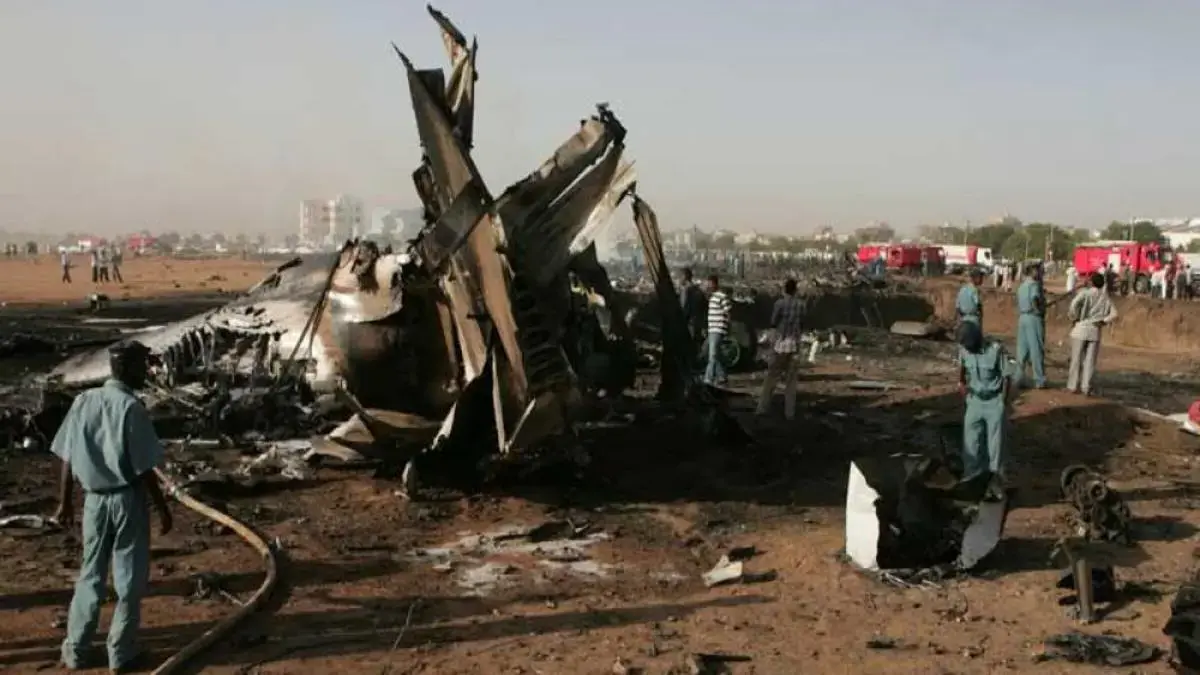
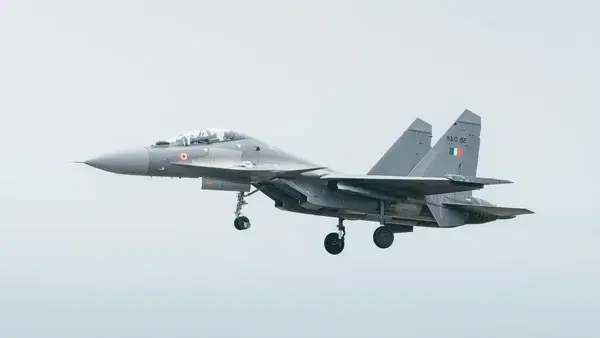
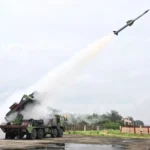
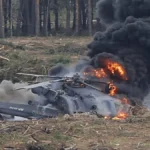
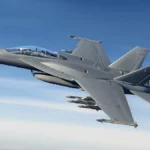



Leave a Reply